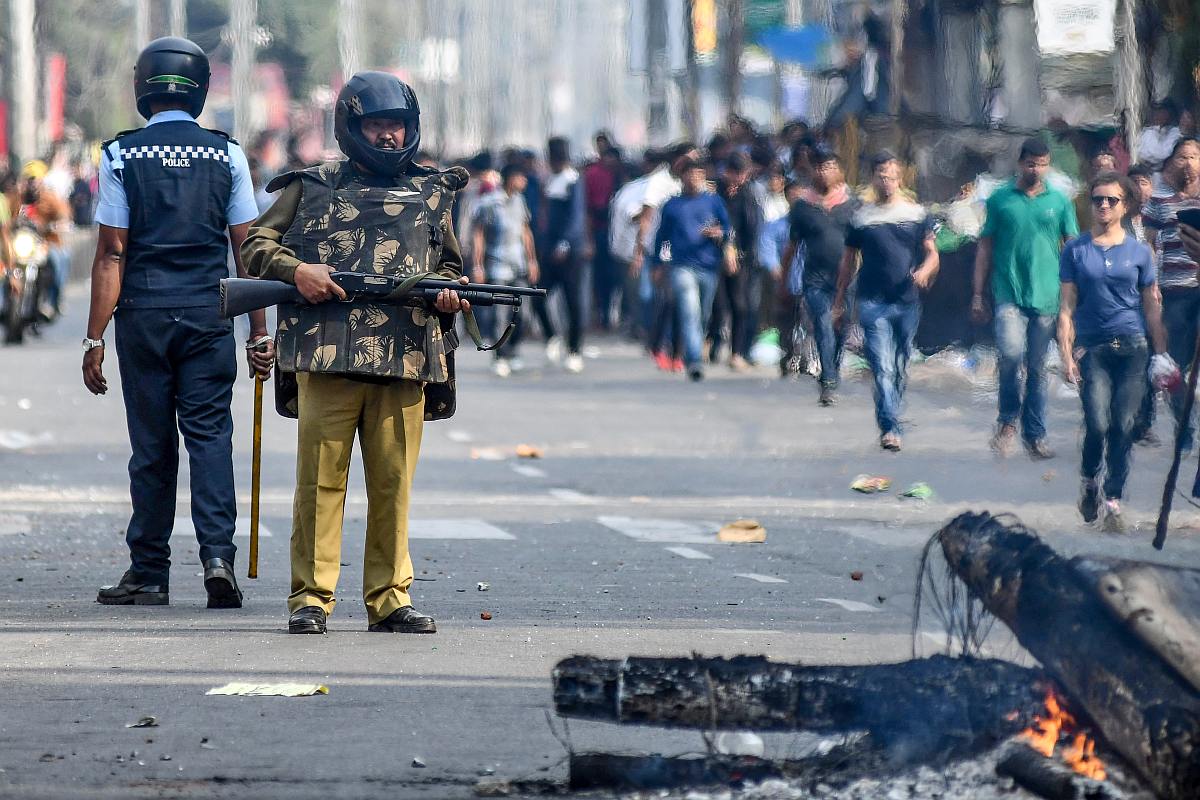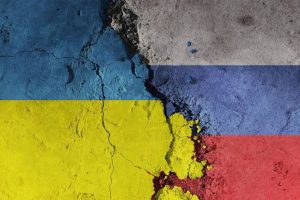As the Northeastern states witnessed violent protests against the new Citizenship Act (CAA), top Army officials are now visiting the region and holding meetings with senior Army, Para-Military and civil administration officials to review the situation there.
According to Defence sources, the Lieutenant General Anil Chauhan, General Officer Commanding-in-Chief Eastern Command accompanied by Lieutenant General Rajeev Sirohi, General Officer Commanding Spear Corps are on a 5-day visit to the northeastern states including Manipur and Nagaland.
“During the ongoing visit, the two senior commanders would meet the senior Army, Para-Military and civil administration officials and review the situations in the region and the bordering areas,” news agency IANS quoted an Army official as saying.
He said that the Army Commanders would also visit forward areas along the India-Myanmar borders to take stock of the situation on ground and interact extensively with the men deployed in the remote areas of northeast India.
Sharing boundaries with the neighbouring countries, the four northeastern states — Mizoram, Manipur, Nagaland and Arunachal Pradesh — share a 1,640 km unfenced border with Myanmar while four states of Tripura, Meghalaya, Mizoram and Assam share an 1,880 km border with Bangladesh.
The passing of the Citizenship Bill in the Parliament had plunged the northeast, especially the states of Assam, Tripura and Meghalaya into deep chaos with locals and students hitting the streets in thousands in protest, forcing the authorities to deploy Army, Central Para-Military Forces and to suspend mobile Internet services for many days.
After violent protests against the CAA, curfew was imposed in Guwahati, Dibrugarh, Jorhat, Tinsukia and a few other cities of Assam on December 11 and the army was deployed. Curfew was also imposed for more than ten days in Meghalaya’s capital Shillong.
According to the Act, members of Hindu, Sikh, Buddhist, Jain, Parsi and Christian communities, who have come from Pakistan, Bangladesh and Afghanistan, till December 31, 2014, facing religious persecution there, will not be treated as illegal immigrants but given Indian citizenship.
The indigenous people of the northeastern states are worried that the entry of these people will endanger their identity and livelihood.












